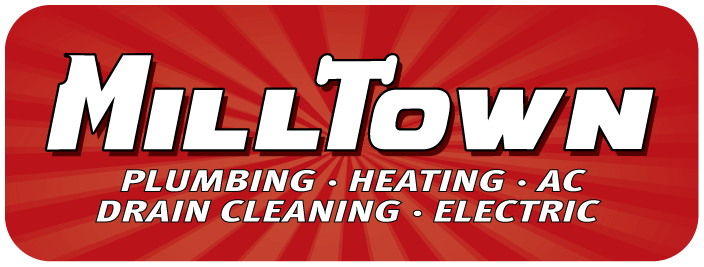Calculating Your Way to the Perfect Water Heater
- Plumbing

Even when temperatures are hitting the triple digits out, we can all agree that a nice warm shower after a hard day’s work is an irreplaceably comfortable feeling. But without the perfect water heater, your warm shower could suddenly become a freezing cold rain of water. The best way to make sur you always have hot water when you need it is to invest in a water heater that’s properly suited to your home’s needs.
Why the Right Water Heater Matters
- Poor efficiency and higher utility bills: Don’t always choose the least expensive option. When you find a water heater with a low initial cost, that doesn’t mean you are going to save money. In the long run, that cheaper water heater could result in higher energy costs. Check the efficiency rating of the water heater that interests you, so you can save money down the line with lower utility bills.
- Shorter lifespan: The efficiency isn’t the only issue when choosing a water heater. Some less expensive water heaters have a shorter lifespan, which can mean you need to buy a new one sooner. The costs you thought you saved will just be spent in needing to purchase a new water heater sooner than you expected. Carefully research the brands of water heaters you’re looking at, and their lifespan expectancy, to ensure you get the most for your money. While not a guarantee of longevity, that should prevent you from having to replace another water heater sooner than you expected.
- Cold water: If you choose a water heater that isn’t big enough, you could end up running out of hot water for showers, the dishwasher, or the laundry. Of course, you don’t want to buy a water heater that’s much too big for your needs, because that will just drive up your utility bills. Getting the right size water heater is important. It balances comfort and convenience with a fair price and better bills.
The Benefits of Choosing the Right Water Heater
- High efficiency and lower utility bills: When you calculate your home’s required temperature rise and how much hot water is needed at any time, you have a much better chance of purchasing the perfect water heater for your home. Rather than getting a unit that’s too big and consumes more energy, you end up with lower monthly utility bills and plenty of hot water every time it’s needed. You may also want to look at energy efficient water heaters, because they can help lower your bills even further.
- Longer lifespan: Choosing a water heater that offers quality can mean several more years of service. That saves you money on the long run, and also save you time because you won’t be spending that time looking for a new water heater again. Some water heaters have a 3-year or 6-year warranty, and some have warranties that are longer than that.
- Warm water for every day conveniences: Showers, dishwashing, laundry, and any other use you have for hot water will be easier when you have the right water heater. You won’t be worried about running the dishwasher after you take a shower, or thinking your shower has to wait because you just did laundry. It’s great to have hot water you can rely on.
Features to Look For in Your New Water Heater
- You need to know how much hot water your household needs at any given time. To figure this out, calculate the gallons per minute (GPM) of hot water each fixture and appliance requires, and then add them all together for your water heaters total GPM. Bathroom faucet flow rates range from .5-1.5 GPM, kitchen faucet flow rates range from 3.0-7.0 GPM, shower flow rates range from 1.0-2.0 GPM, dishwasher flow rates range from 1.0-2.5 GPM, and clothes washer flow rates range from 1.5-3.0 GPM.
- You also need to know your home’s required temperature rise. You can discover that by finding the difference between your ground water temperature and your desired hot water temperature. The EPA provides a map of average groundwater temperature for guidance, so you can look up your local area and get the number you need to start your calculations.
- Choose the water heater unit that best meets your needs. The GPM and required temperature rise will help you in determining this, but there are other things to think about. For example, conventional tank water heaters, tankless water heaters, and hybrid water heaters all have benefits and drawbacks. It’s important to research what model will fit the needs of your family, while comfortably and safely fitting in its desired space. Ideally, the water heater space will be located on an exterior wall near a gas supply line, water supply line, and electrical power source for convenience.
- Another thing you need to know to buy your new water heater is the gallon capacity your household requires. Typically, 1-2 people require a gallon capacity of 23-36, 2-4 people require 36-46, 3-5 people require 46-56, and 5+ require 56+ gallons. But your circumstances may be unique, so if you have a household situation that’s different from average you might need a bigger or smaller water heater.
- Energy efficiency ratings (or EF – Energy Factor) are important for homeowners to take into consideration, too. The higher the EF, the more energy efficient the water heater is. Look for EF ratings as close to 1 as possible, since the EF rating measures how efficiently a unit converts energy into heat, and how much heat is lost during storage. The more efficient the water heater, the more money you can save on your utility bills.
Call Milltown today for slow drain repair!
Don’t take our word for it: listen to one of our many happy customers!













